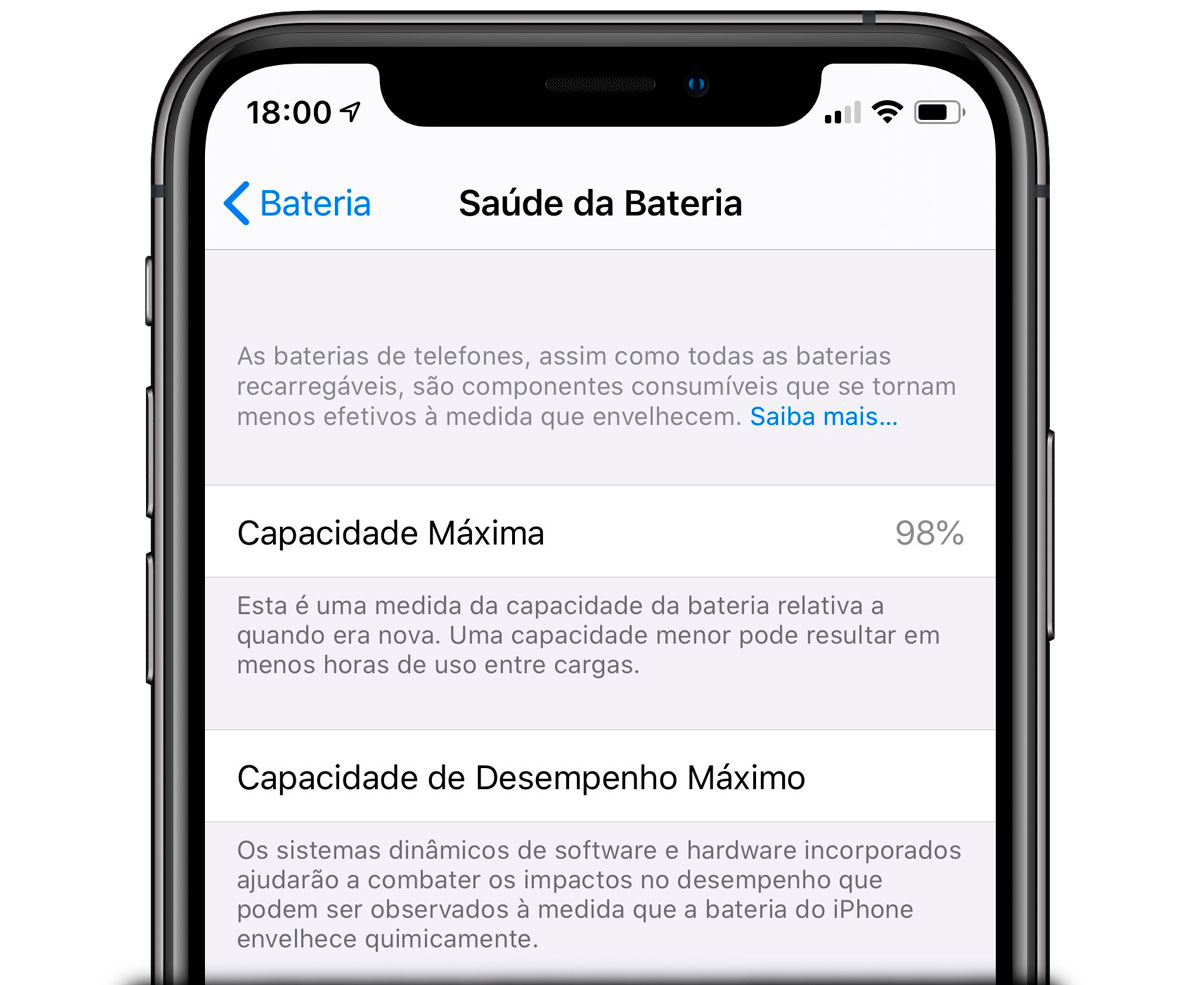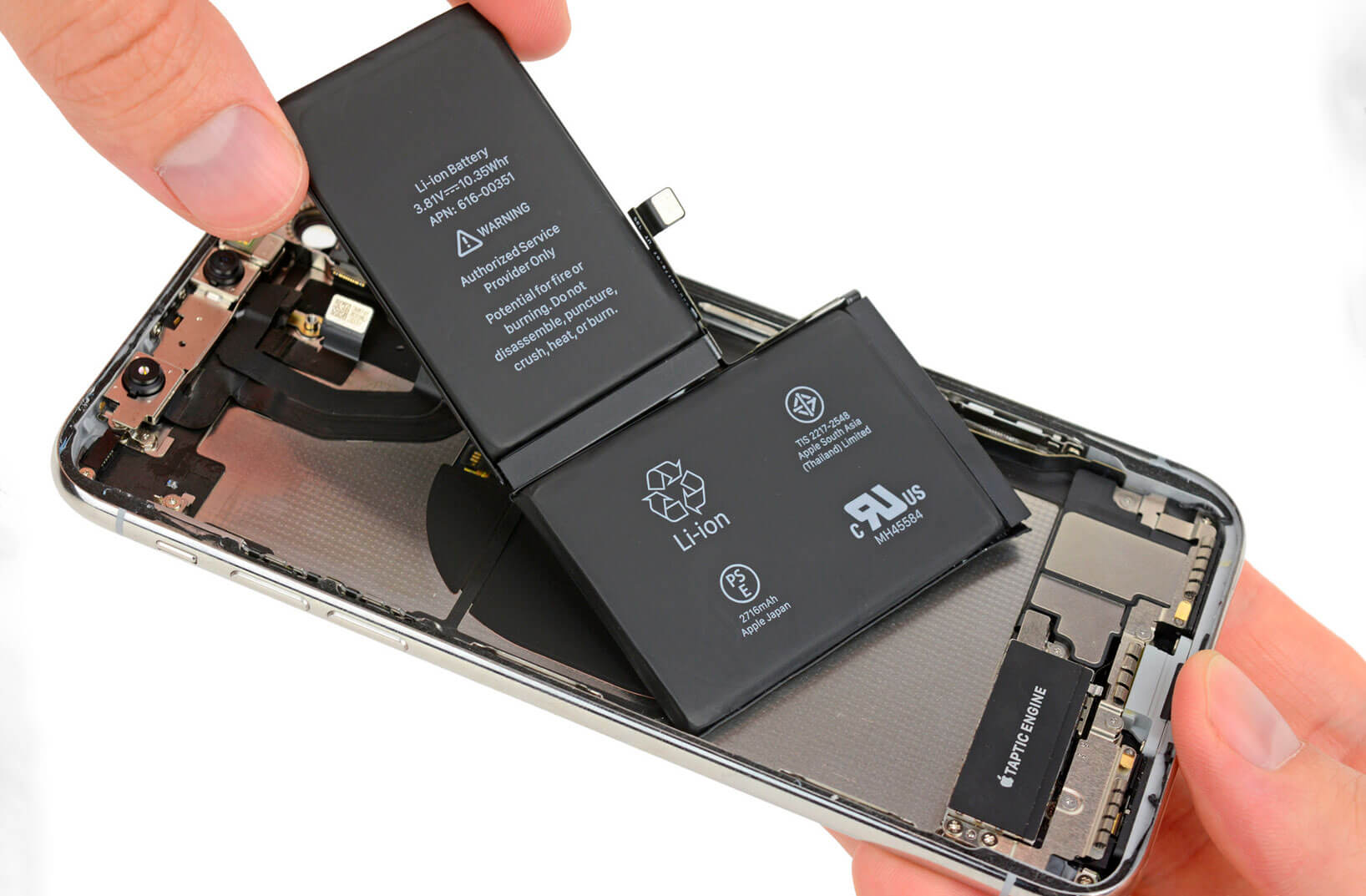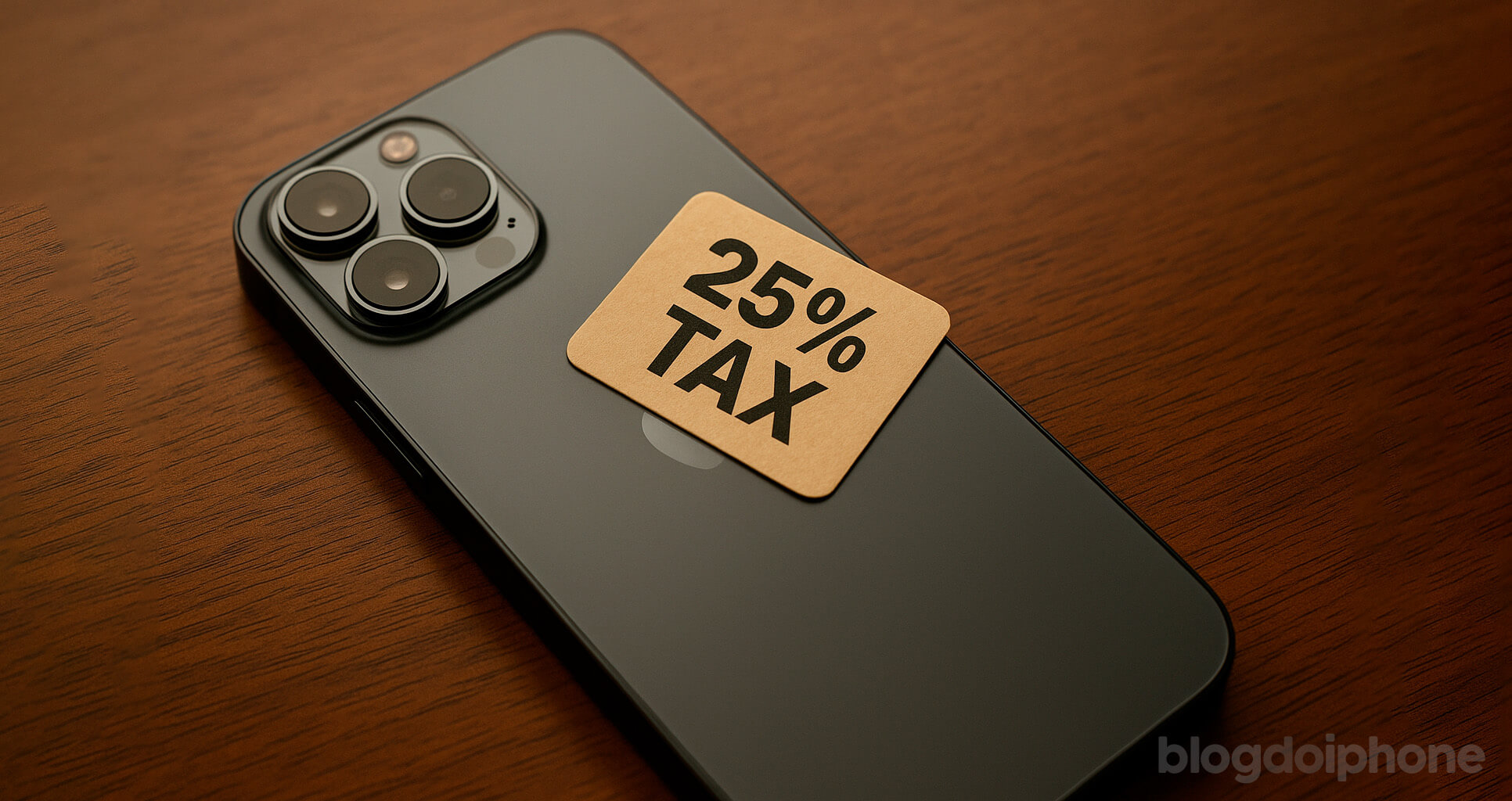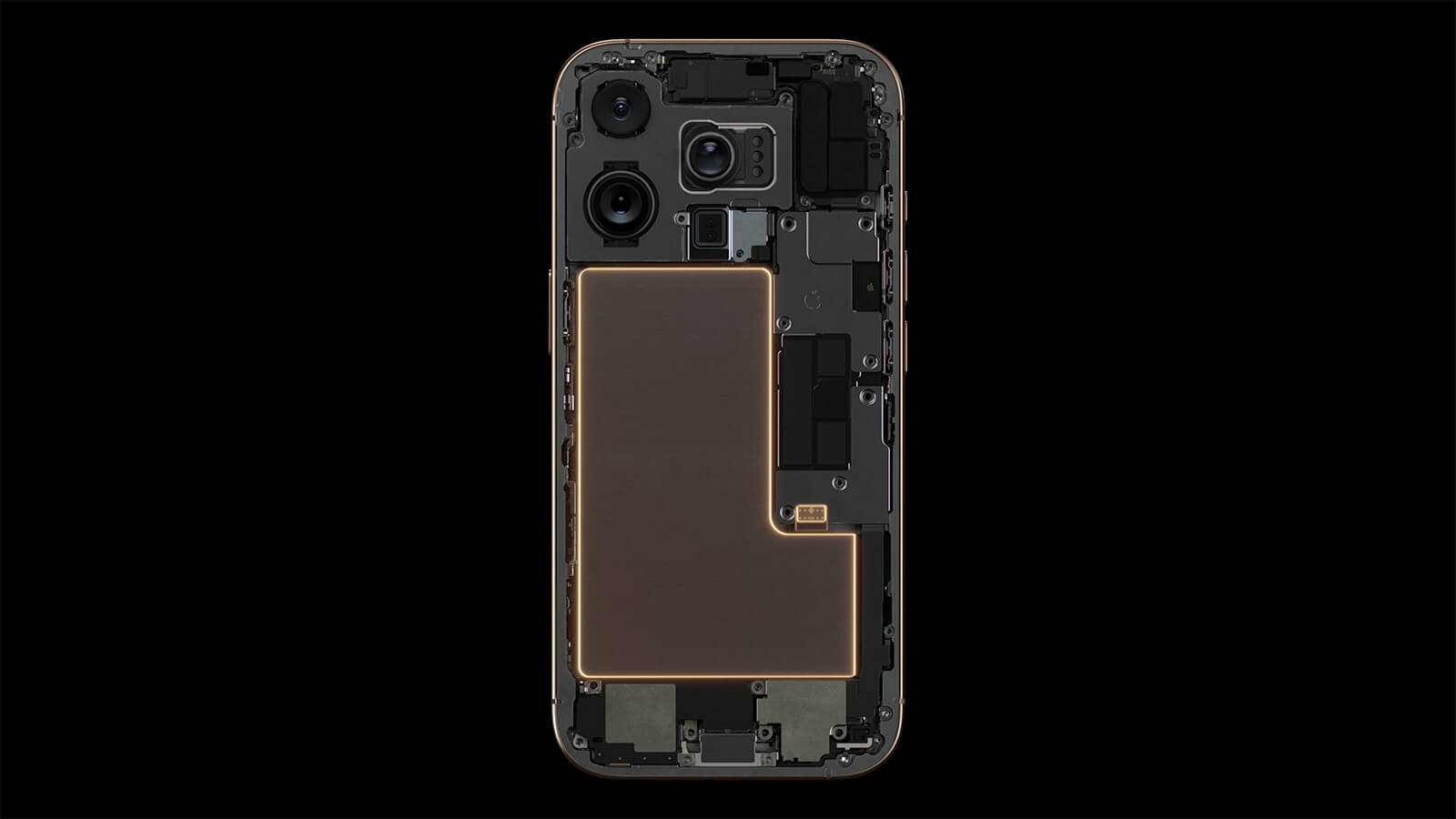Have you ever noticed that in their marketing materials, Apple never reveals the technical specifications of the iPhone battery’s capacity?
Instead, they emphasize the practical time gained compared to previous generations with each new release.
The exact specifications are only made known when independent companies, like iFixIt, take apart the device on launch day and reveal the hidden details.
For those who want to know the exact mAh of their iPhone 11, 14, 17, or any other model, we have compiled a list of all the battery capacities for all models released to date for your reference.
This article will be updated with each new model release, so you can always stay informed.
iPhone Battery Capacity
On Apple’s website, the device specifications are presented in a practical and user-friendly manner, even for those who are not tech-savvy.
The website states that the iPhone battery lasts “up to 30 minutes longer compared to the iPhone X,” which is the information most users are interested in.
However, if you’re curious about the nominal capacity of iPhone batteries, this article has got you covered.
Check the list below to find the iPhone model you’re interested in and view its respective capacity in mAh.
| Model | Battery Capacity |
|---|---|
| iPhone (2007) | 1,400 mAh |
| iPhone 3G | 1,150 mAh |
| iPhone 3GS | 1,219 mAh |
| iPhone 4 | 1,420 mAh |
| iPhone 4S | 1,432 mAh |
| iPhone 5 | 1,440 mAh |
| iPhone 5c | 1,510 mAh |
| iPhone 5s | 1,560 mAh |
| iPhone 6 | 1,810 mAh |
| iPhone 6 Plus | 2,915 mAh |
| iPhone 6s | 1,715 mAh |
| iPhone 6s Plus | 2,750 mAh |
| iPhone SE (2016) | 1,624 mAh |
| iPhone 7 | 1,960 mAh |
| iPhone 7 Plus | 2,900 mAh |
| iPhone 8 | 1,821 mAh |
| iPhone 8 Plus | 2,691 mAh |
| iPhone X | 2,716 mAh |
| iPhone XS | 2,658 mAh |
| iPhone XS Max | 3,174 mAh |
| iPhone XR | 2,942 mAh |
| iPhone 11 | 3,110 mAh |
| iPhone 11 Pro | 3,046 mAh |
| iPhone 11 Pro Max | 3,969 mAh |
| iPhone SE (2020) | 1,821 mAh |
| iPhone 12 | 2,815 mAh |
| iPhone 12 mini | 2,227 mAh |
| iPhone 12 Pro | 2,815 mAh |
| iPhone 12 Pro Max | 3,687 mAh |
| iPhone 13 | 3,227 mAh |
| iPhone 13 mini | 2,406 mAh |
| iPhone 13 Pro | 3,095 mAh |
| iPhone 13 Pro Max | 4,352 mAh |
| iPhone SE (2022) | 2,018 mAh |
| iPhone 14 | 3,279 mAh |
| iPhone 14 Plus | 4,325 mAh |
| iPhone 14 Pro | 3,200 mAh |
| iPhone 14 Pro Max | 4,323 mAh |
| iPhone 15 | 3,349 mAh |
| iPhone 15 Plus | 4,383 mAh |
| iPhone 15 Pro | 3,274 mAh |
| iPhone 15 Pro Max | 4,422 mAh |
| iPhone 16 | 3,561 mAh |
| iPhone 16 Plus | 4,674 mAh |
| iPhone 16 Pro | 3,582 mAh |
| iPhone 16 Pro Max | 4,685 mAh |
| iPhone 16e | 4,005 mAh |
| iPhone 17 | 3,692 mAh |
| iPhone Air | 3,149 mAh (eSIM only) |
| iPhone 17 Pro | 3,988 mAh (SIM) / 4,252 mAh (eSIM only) |
| iPhone 17 Pro Max | 4,823 mAh (SIM) / 5,088 mAh (eSIM only) |
Battery life
The performance and battery life of a device depend not only on its physical capacity, but also on system optimization and processor efficiency.
What does this mean?
It means that sometimes the charging capacity may be lower on a model, but if its processor consumes less energy, the daily battery life will be longer.
And Apple always strives to improve the internal architecture of its devices so that there is less power consumption, which directly affects battery life.
The system also contributes to this.
The great advantage of the same company producing both hardware and software is that this allows Apple to optimize iOS more and more for the capabilities and needs of the iPhone.
That’s why the iPhone doesn’t need as much RAM to do the same thing as an Android device, and less RAM also means less power consumption.
For this reason, the battery capacity of the iPhone is relative.
It cannot be directly compared to the capacities of Android devices, as the consumption is different.
But of course, we all agree that Apple could easily put a little more battery in its devices, so we can use them for longer before having to look for a power outlet, right? 😉

Battery health
It’s important to keep in mind that every battery has a limited lifespan and will degrade over time.
Therefore, the capacities listed here are for brand new devices. The actual capacity will depend on how the device has been used.
This means that the battery of an iPhone 7, for example, may not have the same capacity in 2022.
The iOS system has a battery health indicator, which shows the degree of degradation it has experienced.

The indication of maximum capacity decreases gradually as the device is used.
Once it drops below 80%, the system slows down to prevent unexpected shut-downs, even if there’s still some charge left. According to
Apple, the iPhone battery can endure up to 500 charge cycles before reaching 80% capacity, but in reality, it often lasts even longer.
Therefore, it is ideal to replace your iPhone battery when it reaches a capacity of less than 80%. This way, you can extend its life and keep it functioning optimally for a longer period.
Regardless of your battery’s current state, you can follow some tips to extend its life. Let’s take a look:













Ah is not a measure of capacity, Wh is. Doh!